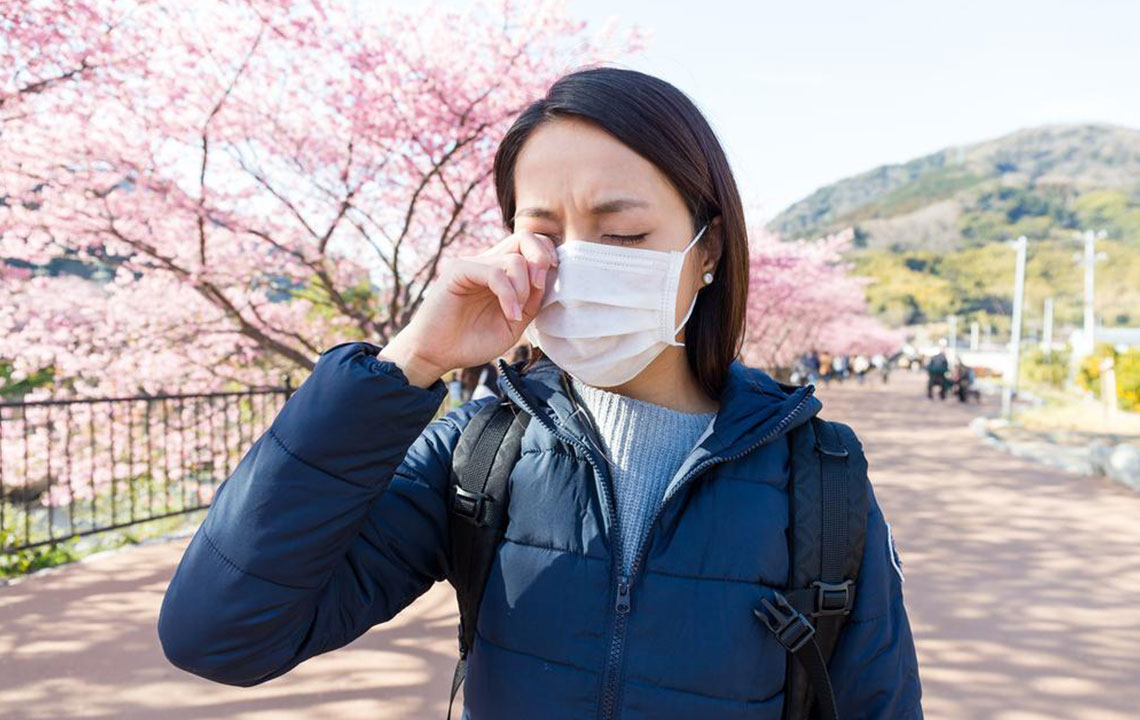Common Signs of Hay Fever You Need to Recognize
Identify key signs of hay fever early to manage symptoms effectively. This article covers common hay fever symptoms, triggers, and when to seek medical help, ensuring you stay informed about this widespread allergy impacting daily life.

Common Signs of Hay Fever You Need to Recognize
Hay fever, medically known as allergic rhinitis, ranks among the top allergies impacting Americans. It manifests either seasonally or year-round. Seasonal hay fever occurs during specific pollination months, while perennial hay fever can strike anytime.
Everyone's allergies differ; some react to tree pollens, others to grasses, weeds, or mold spores. Seasonal symptoms appear only when these allergens are airborne during particular seasons.
Individuals with perennial hay fever may be allergic to indoor allergens like pet dander, mold, dust mites, or feathers. People with weaker immune defenses are especially vulnerable. Watch for these key hay fever symptoms:
Persistent, intense sneezing episodes, accompanied by itching in the nose, roof of the mouth, ears, and throat. Nasal congestion or a runny nose may occur, with eyes watering and sensitivity to light.
Eyes may become red, and coughing is common. When pollen counts soar, symptoms may worsen, with excessive sweating, loss of taste and smell (anosmia), and sinus-induced facial pain.
Blocked sinuses and nasal congestion can lead to headaches of varying severity. Persistent fatigue, restlessness, irritability, and trouble sleeping are also common.
For asthma sufferers, hay fever can intensify respiratory issues, causing wheezing, chest tightness, shortness of breath, and frequent coughs.
In severe cases, symptoms include fever, bad breath, sinus pain, tooth discomfort, and tenderness.
Intense hay fever symptoms can disrupt daily activities and hinder work or school. Persistent symptoms that don’t improve with OTC medications require immediate medical attention.
Note:
Our blog provides diverse, practical information across various topics. While our research offers valuable insights, it should not replace professional medical advice. The website team is not responsible for discrepancies or inaccuracies on other platforms. Additionally, some exclusive offers or schemes might not be covered here, so consult healthcare providers for personalized guidance.










